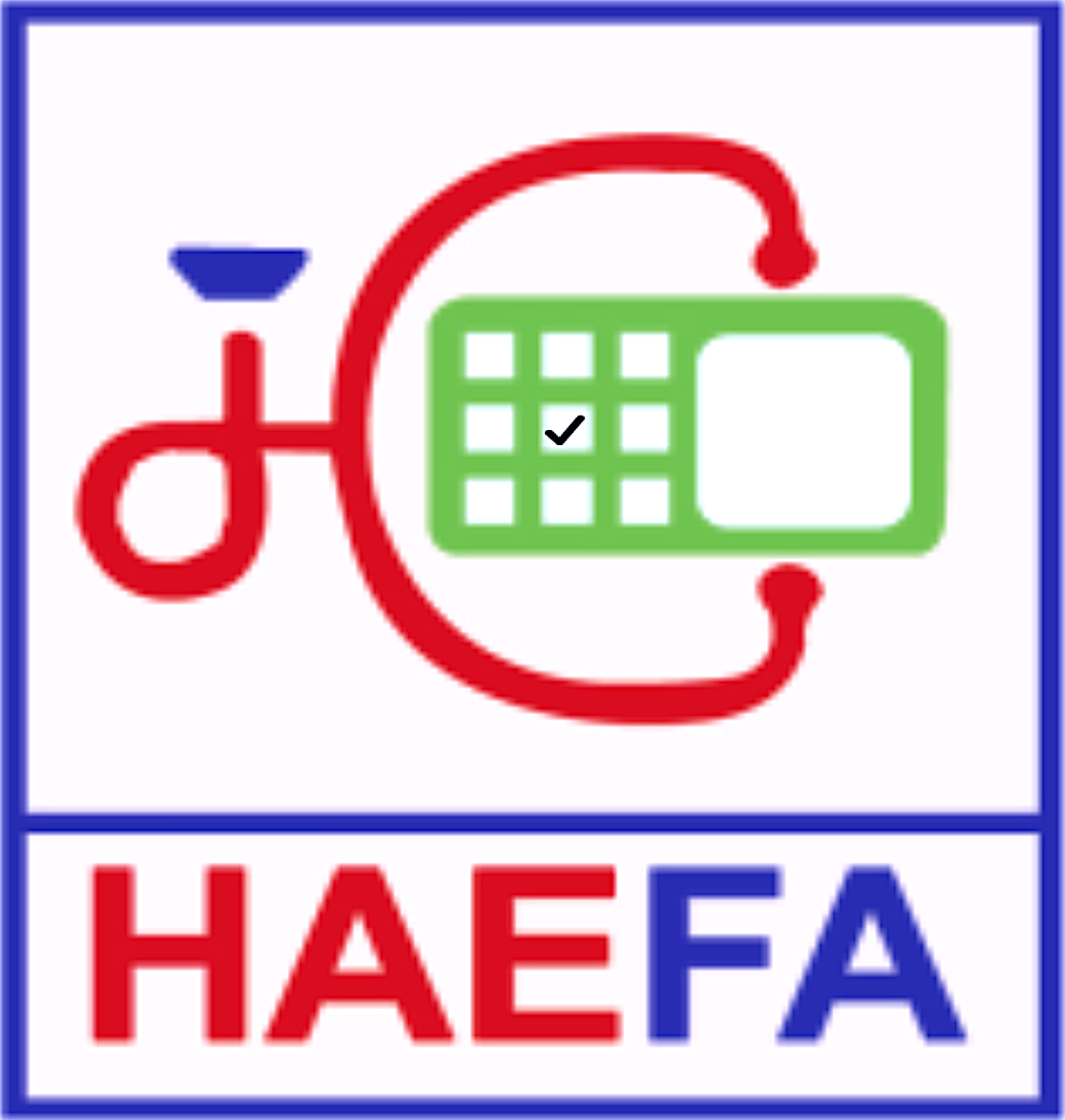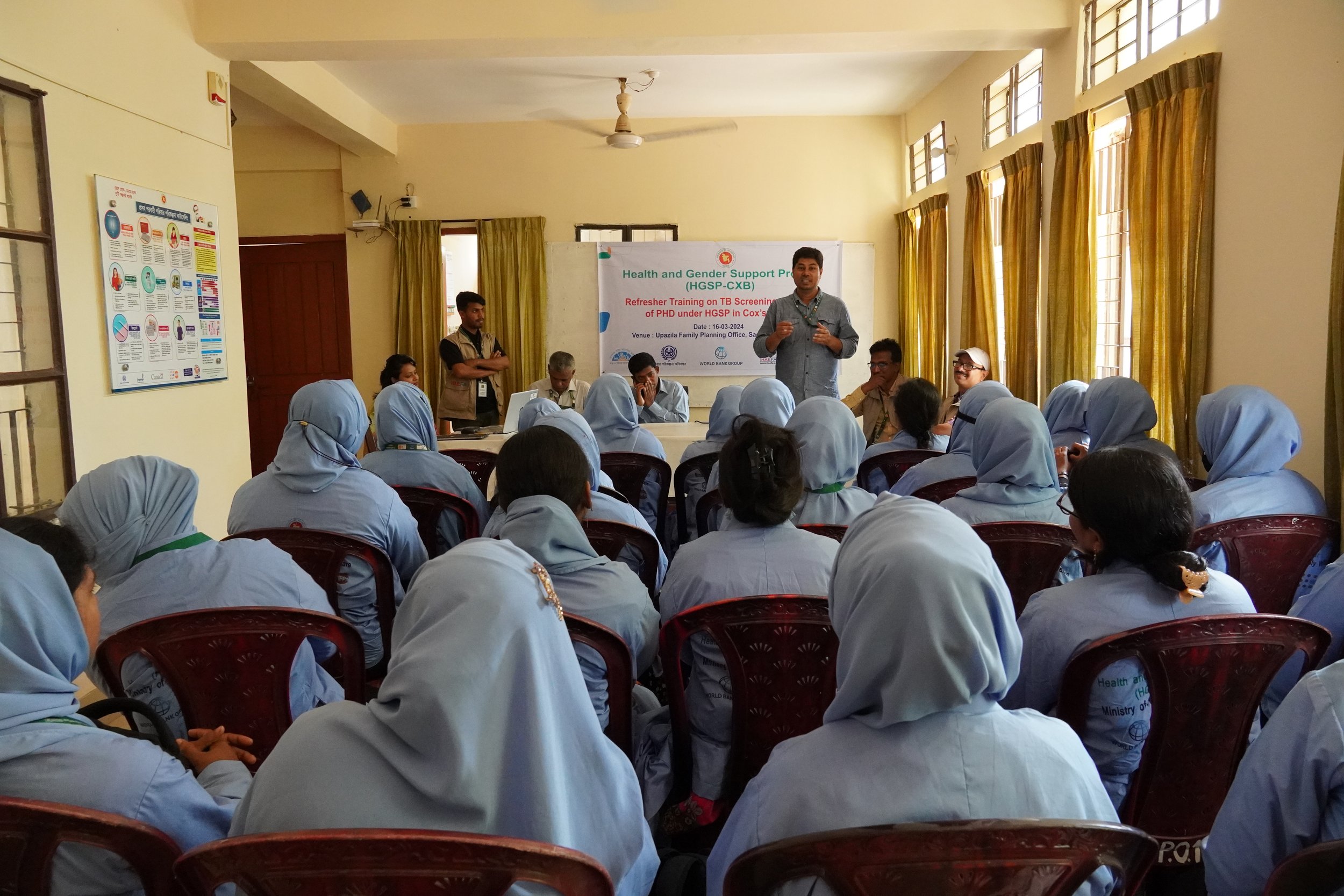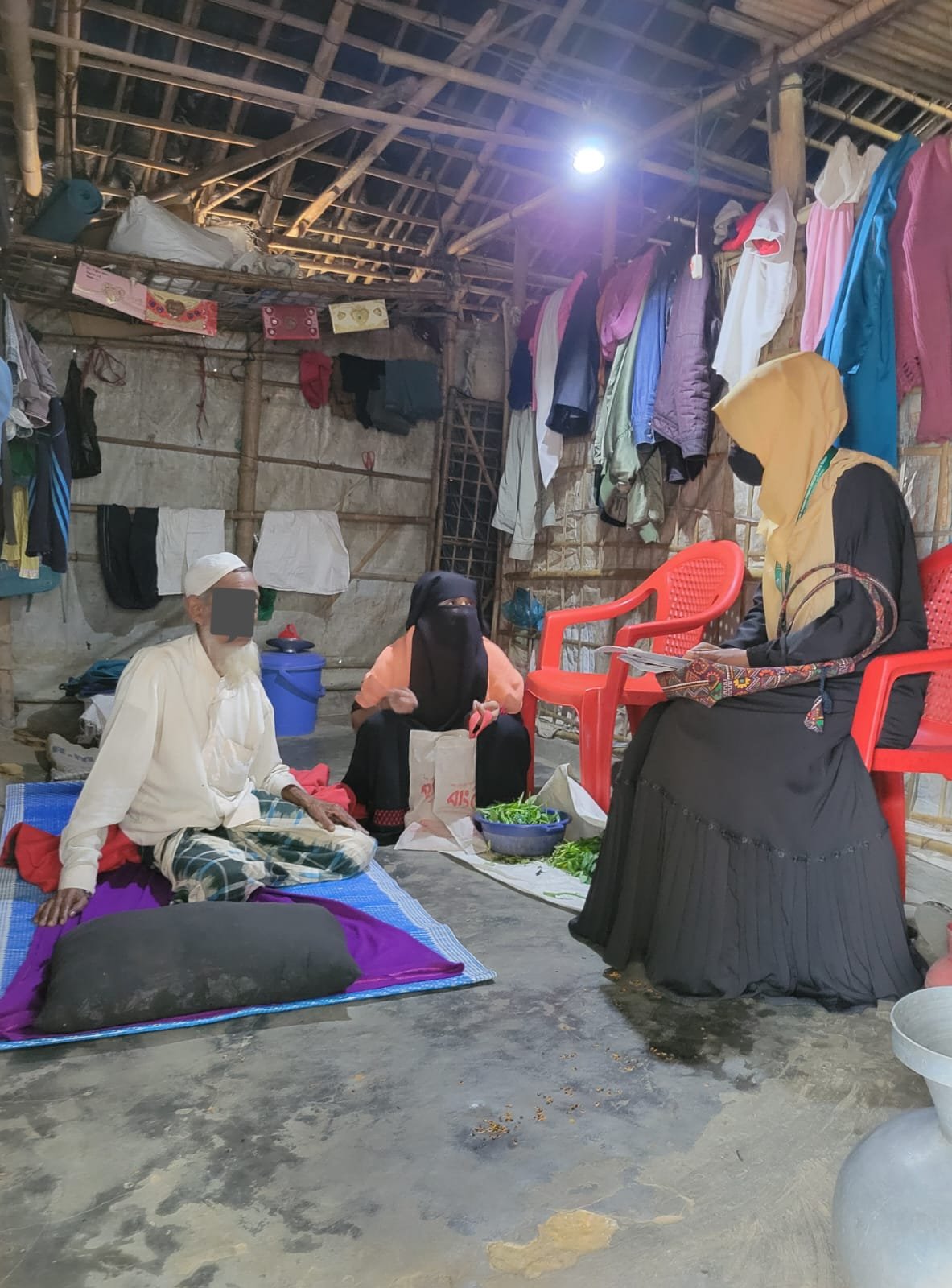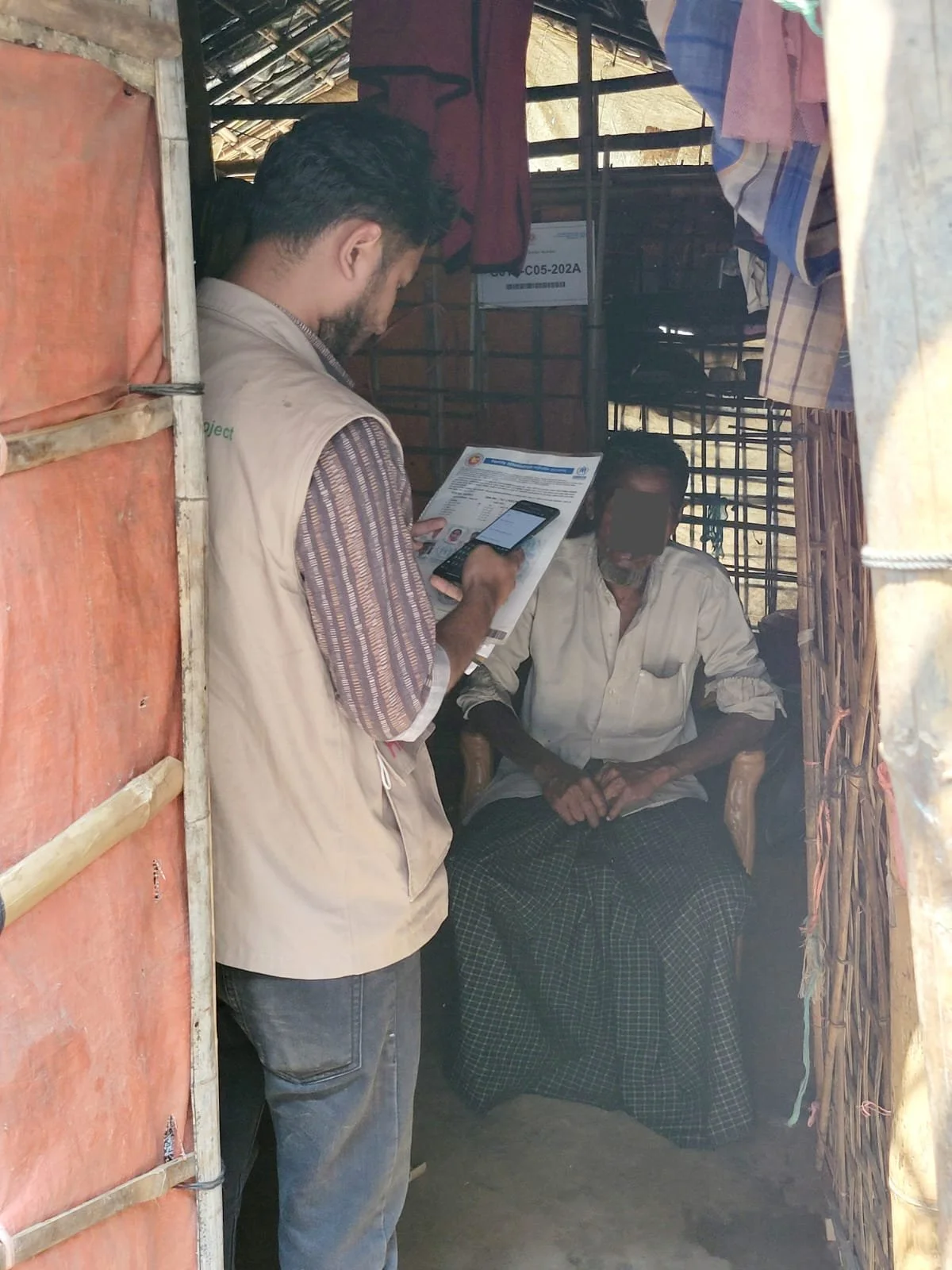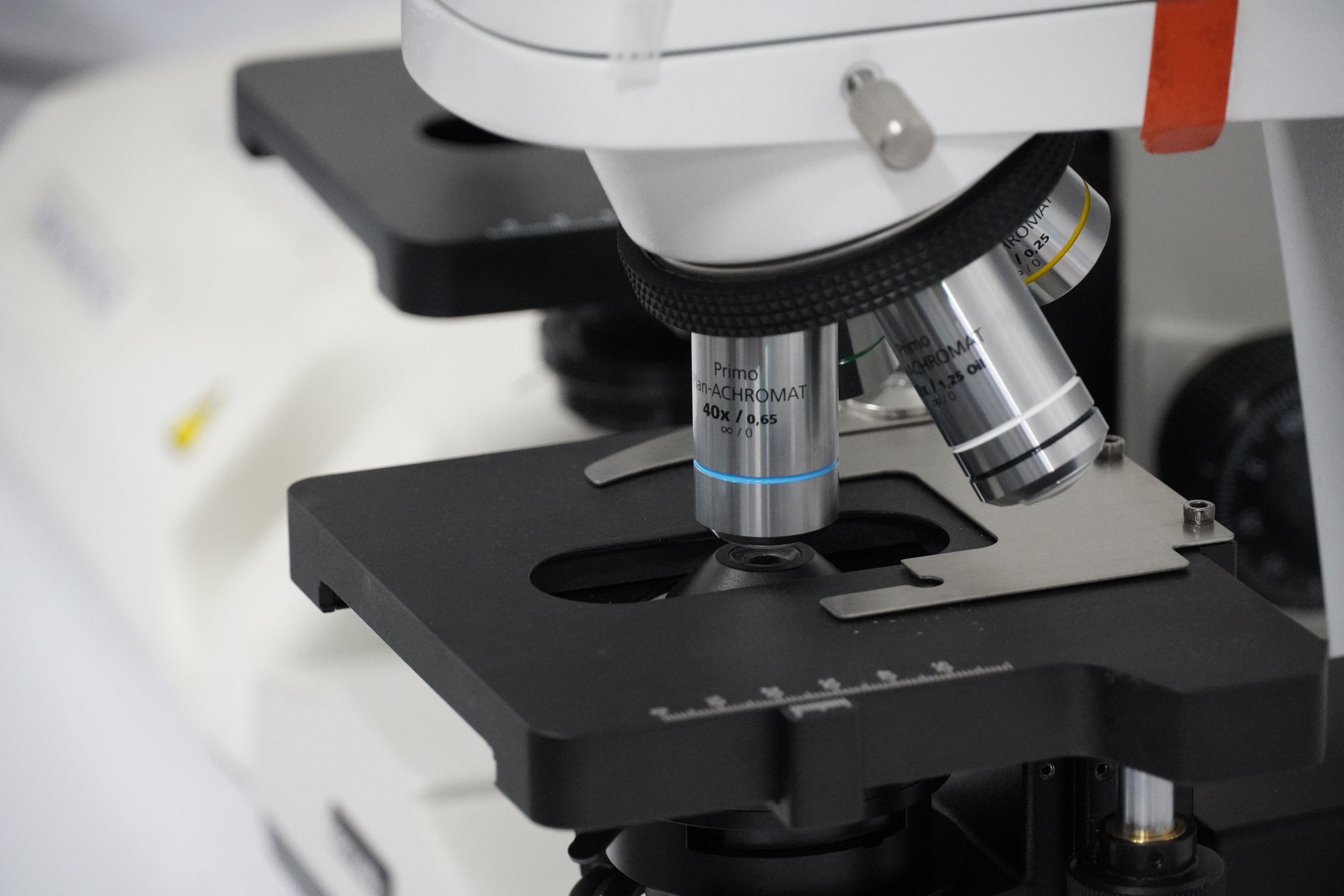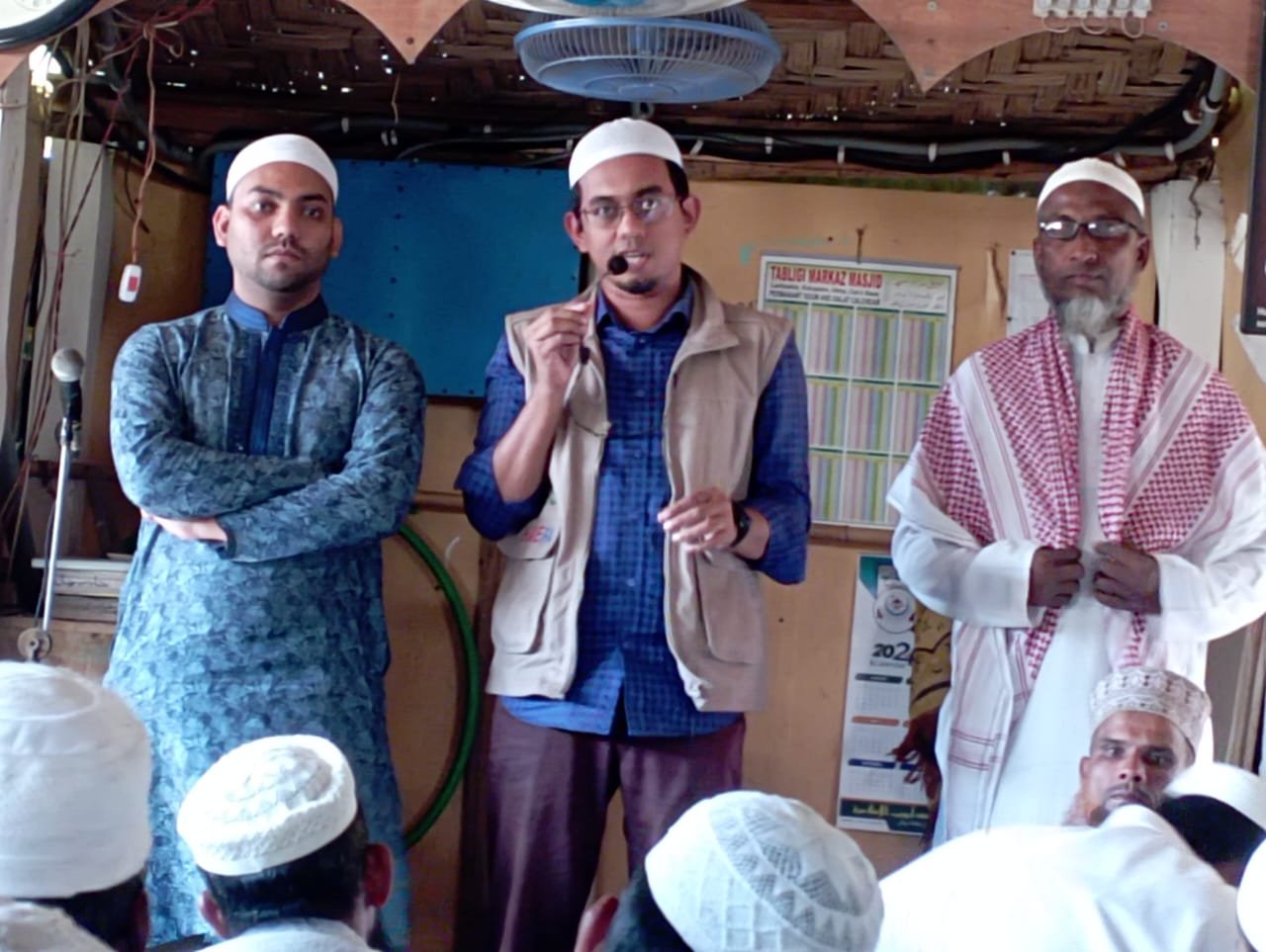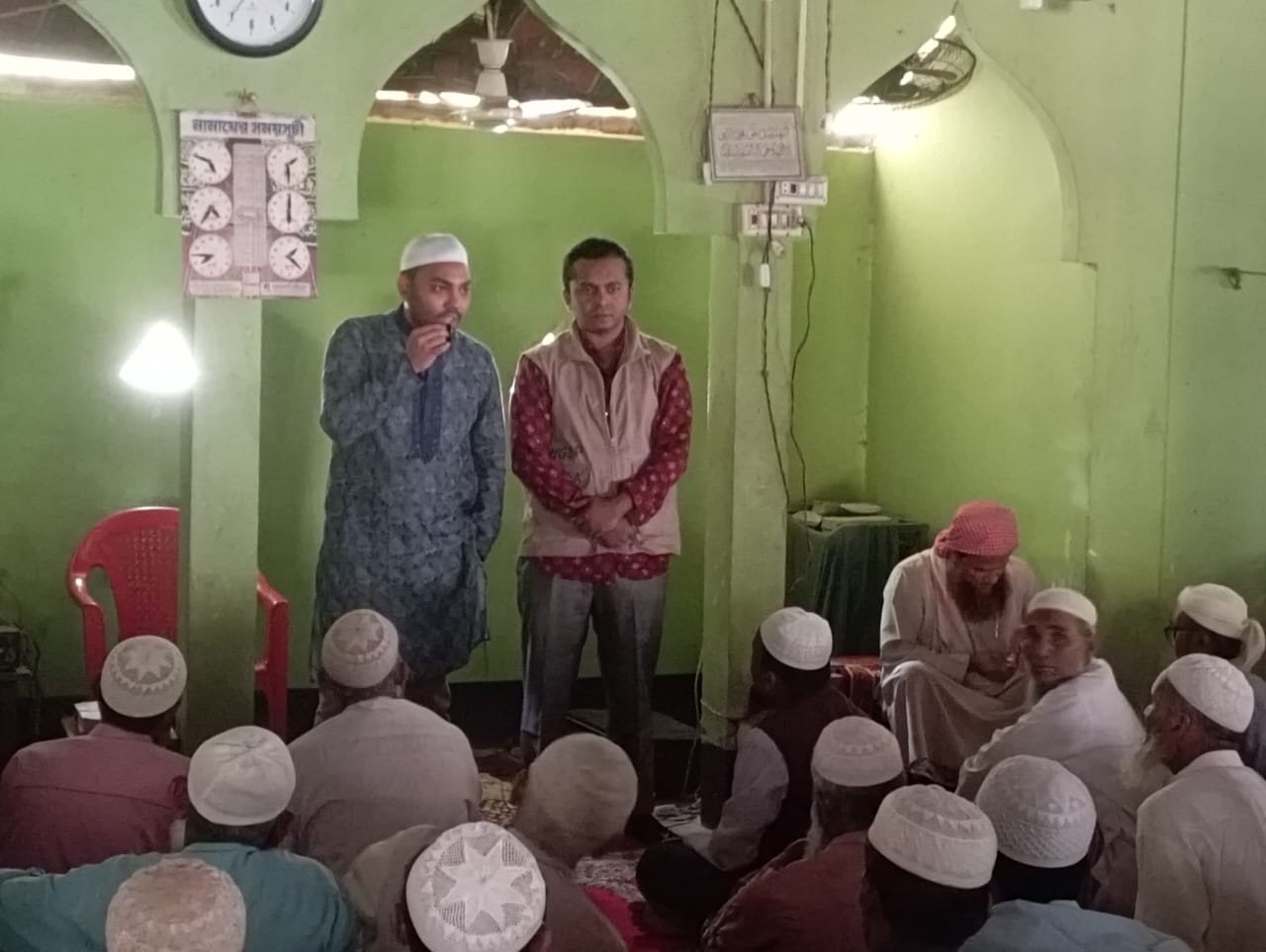Tuberculosis (TB), caused by the bacterium Mycobacterium tuberculosis, is a highly contagious disease that most often affects the lungs. It’s spread through the air when people with lung TB cough, sneeze, or spit, and it only takes a few germs to become infected. Despite being preventable and curable, 1.5 million people die from TB each year – making it the world’s top infectious killer (WHO, 2023). Bangladesh is among the 30 countries with the highest burden of TB in the world, making it a major public health concern that disproportionately impacts marginalized and vulnerable communities.
Estimated TB incidence in 2021, for countries with at least 100 000 incident cases (WHO)
The eight countries with the highest number of cases and that accounted for 2/3 of global cases in 2021, are labelled.
TB in the Rohingya Refugee Camps
TB poses an even greater risk for the Rohingya refugees due to their living conditions and minimal access to adequate sanitation, water, nutrition, and healthcare. Furthermore, “the prevalence of TB is higher in the camps as they are densely populated and overcrowded,” says Dr. Shajjad Hossain, TB Coordinator.
Camp 9
To address this, HAEFA and Partners in Health and Development (PHD) as UNFPA Implementing Partners have established a Tuberculosis screening program. The project began in Oct. 2023, under HGSP (Health and Gender Support), with the goal to increase early diagnosis and provide appropriate treatment for vulnerable populations in Cox’s Bazar.
Project Overview
The project is implemented by three Special Community Facilitator Supervisors and 15 Special Community Facilitators (SCF) alongside 182 Community Health Workers (CHW) from PHD. The CHWs go door-to-door, screening every member of the community using an online screening questionnaire. TB symptoms are recorded, such as a persistent cough, night sweats, and fever. If the patient is flagged by the system as a presumptive case, the SCFs will collect a cough sample to confirm the diagnosis.
Refresher training for CHW
A Special Community Facilitator (SCF) counsels a family on TB screening
Screening is optimized through an online data entry system
Currently, testing is only available at the Bangladesh Rural Advancement Committee (BRAC) and WHO facilities, but HAEFA is currently working to establish a TB diagnosis corner at Camp 9, using the laboratory's new LED Fluorescence Microscope. Upon confirmation of positive TB, BRAC provides a 6-month course of treatment. HAEFA is responsible for ensuring the patients’ health and treatment compliance, completing three patient follow-ups at 2, 3, and 6 months.
LED fluorescence microscope at Camp 9
Project Targets
HAEFA aims to screen 70,000 individuals by June 2024, split equally between the host community and the FDMN population. As of March 15th, 51,944 Bangladeshi and 25,723 FDMN have been screened, identifying 184 and 80 presumptive cases respectively.
While HAEFA is well on its way to achieving the target, the program still faces challenges due to cultural misconceptions. During Ramadan, many individuals refuse to provide a cough sample, thinking that it will break their fast. To address this, community engagement initiatives have been implemented; HAEFA staff have made multiple visits to Mosques within the FDMN camps to increase TB screening awareness and transmit accurate information.
“We visit the mosques to raise awareness among the Rohingya community about tuberculosis screening and sputum testing. With Camp Majhi's assistance, we were able to initially persuade the Imam, which made it simpler to inform the community about the significance of tuberculosis screening and to reassure them that sputum collection does not conflict with Ramadan,” says Jahidul Islam.
Dr. Jahidul Islam (left) and Dr. Asif Mazumder (right) speak at the Balukhali camp 09 Jame Masjid
Jahidul Islam (left) and Dr. Shajjad Hossain (right) speak at the Kutupalong camp 1w Lambasiya Jame Masjid
This initiative is part of HAEFA’s commitment to ensuring the health and resilience of vulnerable communities. Overall, the program stands as a significant contribution to furthering the goal of eradicating Tuberculosis worldwide.
To read more about HAEFA’s projects, click here
